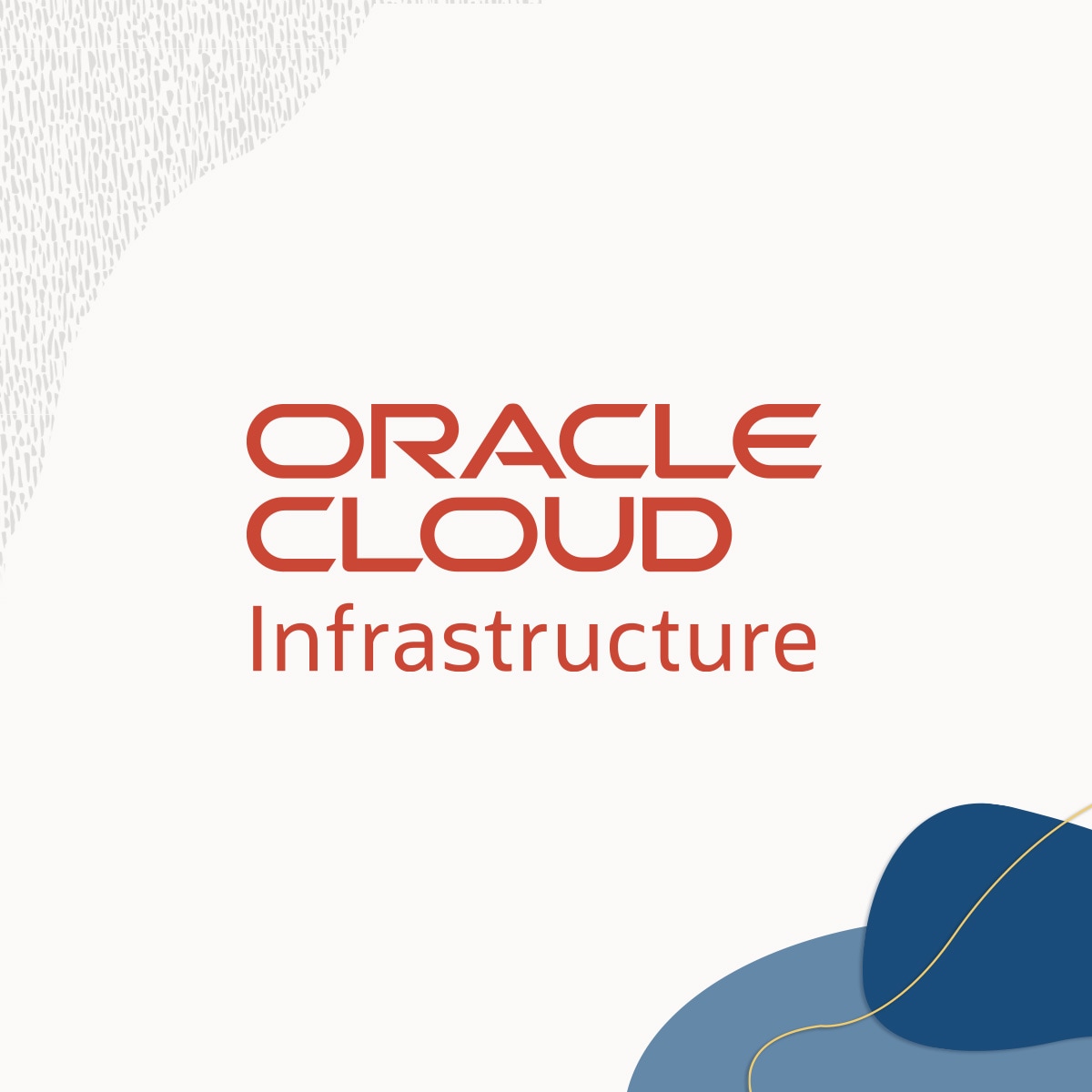Larry Ellison just passed Elon Musk and Jeff Bezos to become the world's richest person, and everyone's acting shocked, which is ridiculous. While Musk and Bezos were building rockets and arguing with unions, the 80-year-old Oracle founder was quietly positioning his boring database company as the backbone of the AI boom. Forbes now has him at the top with over $200 billion.
Here's the thing everyone missed: AI companies need databases. Shocking, right? While everyone was chasing the shiny new ChatGPT stuff, Oracle was sitting on 40+ years of enterprise database expertise. When OpenAI signed that $300 billion deal with Oracle, it wasn't because Oracle had the coolest AI models. It's because they're one of the few companies that can actually handle petabyte-scale data processing without shitting the bed, and AI training requires massive datasets. Oracle's AI infrastructure offerings are suddenly essential, and their OCI Supercluster technology is outpacing competitors in the AI compute market.
Oracle's stock is up nearly 50% this year, but here's what nobody's talking about: this might actually stick, unlike previous wealth rankings that change with Tesla's daily mood swings. Oracle's database business is boring as hell, but boring businesses tend to print money longer than flashy ones. When the AI bubble pops (and it will), companies will still need enterprise data management. They might not need another chatbot.
Ellison's timing here is either genius or pure luck. He bet big on Tesla back when everyone thought electric cars were a joke for hippies. Now he's inadvertently positioned Oracle as the plumbing for an entire industry that burns through hundreds of billions in investment. The guy who built database software in the 1980s is suddenly essential infrastructure for 2025's hottest tech.
The real question isn't whether Ellison deserves the wealth crown—it's whether Oracle can maintain this position when AI companies realize they're spending $115 billion to maybe break even. Oracle's recent quarterly results showed some insane AI-driven growth - their backlog shot up to something crazy like $400 billion, which I think was 3x growth or some similarly ridiculous number. Analysts keep calling them market leaders now, which is weird for a database company everyone thought was dying. But for now, the database king is laughing all the way to his Hawaiian island.
